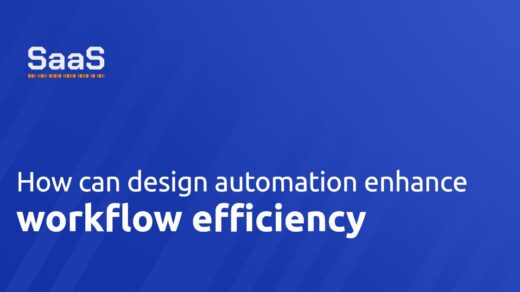How does operations automation impact customer experience?
To effectively answer this question, we first need to understand the notions of both operations automation and customer experience. Operations automation refers to the system of automating routine tasks and workflows for efficiency purposes. On the other hand, customer experience is the subjective impression that a customer develops about a brand as a result of their interactions with it. To put it simply, operations automation can significantly influence customer experience by enhancing efficiency, reliability, and speed of service delivery.
When activities previously performed manually are automated, it streamlines processes and allows businesses to serve their customers faster and with fewer instances of human error. This machine-like precision and speed of service often lead to high levels of customer satisfaction. The reduction in process time through automated operations can also enable businesses to handle a larger volume of customers without compromising the quality of service, thus positively influencing customer experience.
Enhancing customer experience through operations automation techniques
Operations automation techniques can be leveraged in various ways to enhance customer experience. One such method is through the use of chatbots and AI-powered customer service agents. These digital assistants can handle routine customer inquiries efficiently and can operate round the clock, ensuring that customers receive immediate assistance at any given time.
Another technique is through automated marketing campaigns. Automated emails, SMSs, or push notifications can be customized to cater to the customer’s preferences and enhance their interaction with the brand. These marketing activities not only target the "right customer at the right time" but also track user response and engagement levels to continuously improve the personalized experience.
Can operations automation strategies revolutionize customer satisfaction?
Operations automation strategies have the potential to revolutionize customer satisfaction. By doing so, they improve service quality and efficiency, reduce mistakes, and enable 24/7 customer support. A key example of a strategy that revolutionizes customer satisfaction is predictive analysis. Using AI and machine learning, predictive analysis can anticipate customer needs and behavior patterns, thereby allowing businesses to tailor their services accordingly.
Furthermore, the incorporation of self-service portals can empower customers by allowing them to access services or make requests at their convenience. These portals not just eliminate the need for human involvement but also allow instant gratification to customer queries and requests. Hence, the strategic use of operations automation can make a profound impact on customer satisfaction.
The crucial link between operations automation and customer experience
The link between operations automation and customer experience is a crucial one. To maintain and improve customer experience, businesses need to prioritize efficiency, speed, and accuracy — all achievable through operations automation. Moreover, automation enables personalized communications that cater to individual customer needs, ensuring a memorable customer experience.
By allowing for faster resolution times and real-time services, operations automation can foster impressive customer experiences. This technology-driven approach also provides insights into customer preferences and behaviors, helping businesses fine-tune their services based on these data-backed observations. Ultimately, automation and customer experience form a symbiotic relationship where each factor fuels the other's success.








